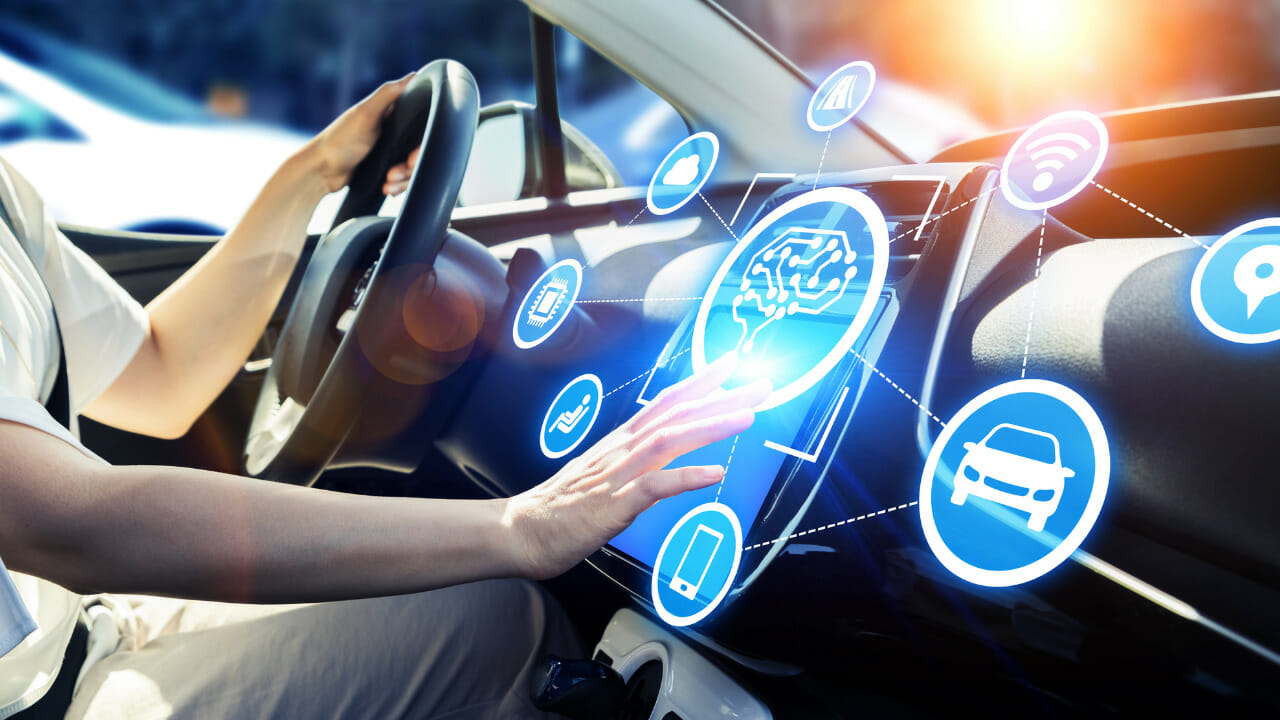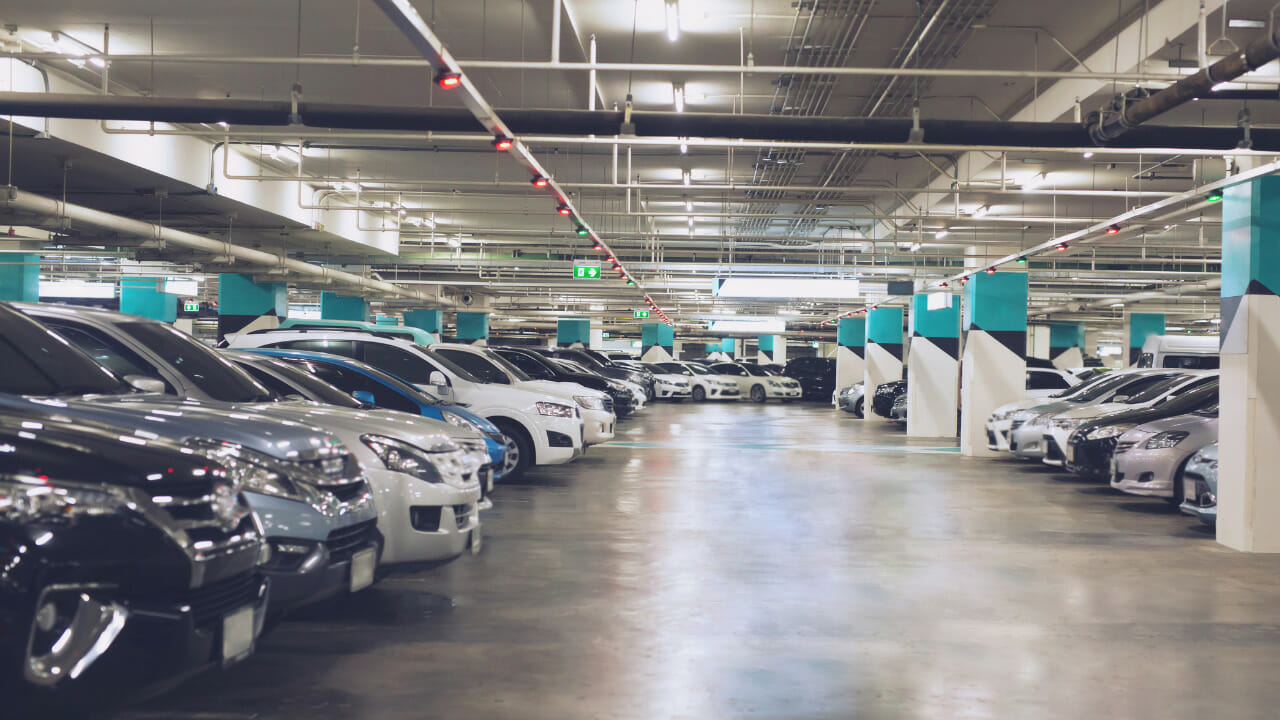With the rise of digital mobility, off-street parking is getting more attention than ever before. Digital Mobility Platforms (DMP’s), such as car share services, rideshare companies, and electric bike rental systems, are becoming increasingly popular – and with them come changes to our traditional notion of off-street parking. In this article, we look at how these new forms of transportation are affecting the parking industry and what that might mean for the future. Including technological advancements and changing consumer habits, read on to discover how digital mobility has been reshaping off-street parking in recent years.
Current state of off-street parking
Currently, there is a lack of information and coordination among different stakeholders when it comes to off-street parking. This results in inefficiencies and suboptimal use of resources. In addition, there is a need for better data collection and analysis in order to understand the current state of off-street parking and identify potential improvements.
DMP’s can help to address these challenges by providing a centralized platform for information sharing and coordination among different stakeholders. This enables better data collection and analysis through their ability to track and aggregate data from various sources.
DMP’s have the potential to improve the efficiency of off-street parking by facilitating better information sharing and coordination among different stakeholders. In addition, they can help to improve decision-making by providing better data insights.
How DMP’s are changing off street parking
DMP’s are changing the way we think about off-street parking. In the past, if you wanted to park your car, you would have to find a spot in a lot or on the street. With DMP’s like KERB, you can now book a spot in advance and pay for it using your smartphone. This means that you no longer have to worry about finding a parking spot when you’re out and about. You can also use these platforms to find discounts on parking rates, saving you money. Additionally, and the key differentiator, KERB knows ‘who’ is driving, they can connect owner/operators of parking infrastructure with the drivers themselves, allowing crucial ‘direct marketing’ opportunities. A retail owner can now offer free coffee or pay for parking as an inducement to customers.
These platforms are not only convenient for drivers, but they also help to ease congestion and reduce emissions. When drivers can easily find and reserve a parking spot ahead of time, it reduces the time spent circling around looking for a parking spot. This in turn saves fuel and reduces emissions from cars.
DMP’s are also changing the way businesses think about off-street parking. In the past, businesses would build large parking lots to accommodate their customers. However, with digital platforms, businesses can now rent out unused spaces in their parking lots to drivers. This helps to generate revenue for businesses and also helps to free up space on the street for other vehicles.
Off-street parking is changing rapidly thanks to DMP’s. These platforms offer convenience and savings for drivers, and reduce CAPEX and OPEX costs for operators, while also helping to reduce congestion and emissions.
What the future of off-street parking looks like
In the future, off-street parking will be managed using DMP’s. These platforms will allow for the efficient management of parking resources and provide real-time information to drivers about available parking.
DMP’s will help to reduce congestion and pollution by reducing the need for vehicles to circle around looking for parking. This will also save drivers time and money. In addition, these platforms will enable the sharing of parking resources between different users, such as businesses and households.
The use of DMP’s for off-street parking is already being piloted in some cities. For example, In Malaysia KERB holdings has improved its mobility platform to the point that Kerb now offers a touchless drive-in/drive-out-autopay access solution and is about to put this access system into sites in the Philippines, Singapore, and Canada.
KERb believes this will be the game-changer for airports, hotels, and retail malls – and other high-volume car parks which care about the ‘who/where/when/how often?’ of parkers.
- Imagine you could drive up to any car parking space in any location or structure after booking online in your own language and the barrier or gate opens automatically
- Imagine you are greeted with messages (‘Welcome to {building}, {John}!’/‘Thanks for your visit, {Wendy}! Your ${sessionFee} has automatically been charged, and we’ve emailed you a receipt. Have a great day!’)
- Imagine as an owner or operator of an airport, retail mall, or hotel you now know who is entering your car park.
- Imagine as an operator you can reduce or increase charges at certain times of the day to be more attractive or competitive.
- Imagine being able to initiate targeted marketing directly in real-time to every customer knowing if they are new arrivals or regular customers, and how often and where they shop or travel. With options for direct marketing/ advertising, free gifts, inducements, etc.
- Imagine the data and knowledge advantage you have over rivals and how much improvement you could make to the customer experience.
With a combination of the Kerb APP, a small ‘black box’ of tricks and an AI smart camera they have dragged parking into the 21st century. No need to touch anything in this post covid world, no need for ticket machines or payment machines, or attending staff.
- Imagine one APP that allows access to all parking slots city-wide, whether public or private. Kerb is also working on spreading this technology into On-street parking!
- Just imagine finding a booking and paying in advance for your favorite space.
- Imagine being able to find all the available handicapped spaces before leaving home.
- Imagine as an owner/operator of secure parking being able to offer your spare spaces to public users and providing them temporary access through your barriers or gates.
- Just imagine knowing who is parking where and when.
- Just imagine a reduction in traffic congestion and an increase in available parking spaces.
So What's Next?
The future of off-street parking looks promising. With the help of DMP’s, we can expect more efficient use of parking resources, less congestion, and less pollution. DMP’s can provide a new revenue stream for parking operators. For example, KERB’s platform allows users to pay for parking through their mobile app, which means that operators can collect payment even when there is no one at the kiosk or booth to take payment. KERB also gives access through all types of barriers or gates, reducing further the need for attending staff, increasing revenue, and improving profitability.
DMP’s can help to improve customer satisfaction by making it easier for drivers to find and pay for available parking spaces. In addition, platform features like real-time data on where parked cars are located can help customers feel more confident about finding their car after a long day of shopping or working downtown. KERB is also able to offer enhanced facilities to certain customers through its “KERB Zones” feature. Wider Bays for your precious exotic car, car cleaning, package delivery, etc.
DMP’s can help to create more efficient parking operations. For instance, KERB’s platform includes real-time data on where parked cars are located, and most importantly WHO is parked, which can help parking operators better manage their resources and improve the flow of traffic in and out of garages and surface lots.
Third, DMP’s can provide a new revenue stream for parking operators. For example, KERB’s platform allows users to pay for parking through their mobile app, which means that operators can collect payment even when there is no one at the kiosk or booth to take payment. KERB also gives access through all types of barriers or gates, reducing further the need for attending staff, increasing revenue, and improving profitability.
Off-street parking is quickly becoming an important part of our transportation infrastructure, and DMP’s are the key to making it more efficient. By leveraging these services, cities can save money while increasing convenience for drivers. As technology continues to evolve, we will likely see more off-street parking applications being developed that leverage DMP’s in order to bring a new level of ease and efficiency to managing this critical resource.

Glen J Thorn
KERB Advisory Board Member




